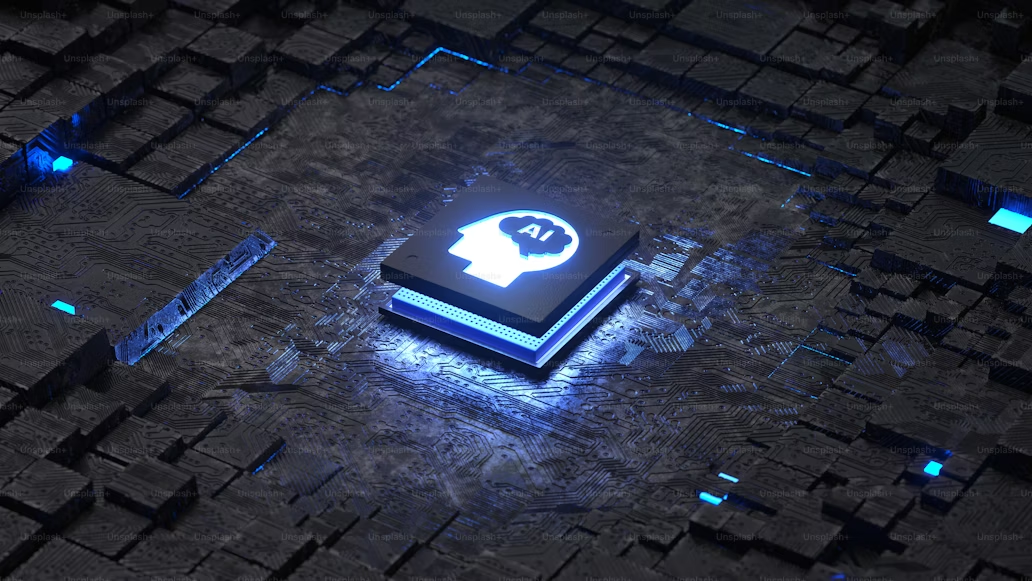June 24, 2024
In a groundbreaking move for the tech industry, Microsoft has announced a $3.3 billion investment in a new artificial intelligence (AI) and cloud computing hub in southeast Wisconsin. The ambitious project aims to strengthen the state’s position in the rapidly growing AI sector and foster economic development through cutting-edge infrastructure and workforce expansion.
Transforming the Wisconsin Tech Scene
This investment is set to revolutionize Wisconsin’s technological landscape, with the hub focusing on advancing AI research and cloud solutions. The new facility will house high-performance data centers and serve as a center for developing AI-driven innovations in fields such as machine learning, cybersecurity, and cloud-based services. Microsoft envisions the hub as an essential part of its strategy to support AI development across multiple industries, including healthcare, finance, and government.
Workforce Development and Job Creation
A critical element of the project is workforce development. Microsoft plans to collaborate with local universities, community colleges, and training programs to equip Wisconsin residents with the skills needed for the AI and cloud computing sectors. The initiative is expected to generate more than 2,500 high-skilled jobs in the region over the next five years, offering opportunities in areas such as data science, AI engineering, and cybersecurity.
Satya Nadella, Microsoft’s CEO, expressed the company’s vision for the project, saying, “This investment is about shaping the future of technology in Wisconsin and beyond. By fostering innovation and developing the next generation of tech professionals, we’re committed to driving growth and opportunity in the Midwest.”
Economic Growth and Regional Impact
Wisconsin officials are optimistic about the long-term benefits of the project. State leaders see the investment as a key factor in diversifying the local economy and positioning the state as a tech hub in the Midwest. As industries evolve beyond traditional sectors like manufacturing and agriculture, the AI hub is expected to create ripple effects throughout the local economy, fostering a climate of innovation and entrepreneurship.
The development aligns with broader national initiatives to decentralize technology industries, lessening the dominance of Silicon Valley and creating tech ecosystems in other parts of the country. Wisconsin, often seen as a key manufacturing region, is now on track to become a recognized player in the world of high-tech research and development.
Sustainability Concerns and Solutions
Despite the project’s immense potential, some analysts have raised concerns about the environmental impact of such a large-scale AI operation, particularly the high energy consumption required for AI computing. Microsoft has addressed these concerns by committing to powering the facility with renewable energy sources. Additionally, the company plans to implement energy-efficient cooling systems to minimize its carbon footprint and maximize sustainability.
Looking Ahead
As construction gets underway, the eyes of the tech world will be on Wisconsin. Microsoft’s AI hub promises not only to reshape the state’s tech landscape but also to contribute to the global development of AI technologies. This investment underscores the growing trend of technology companies diversifying their operations outside traditional hubs, bringing new opportunities and challenges to emerging tech regions.


